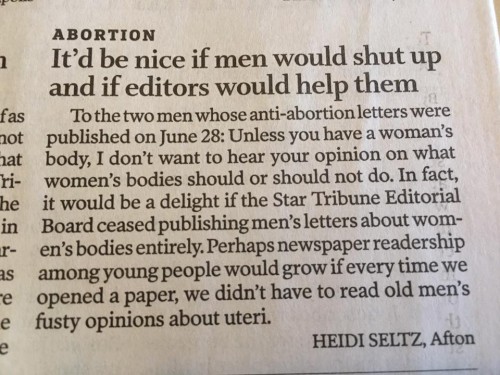I’m feeling a bit dismal this morning, thanks to some petty and entirely trivial interactions, and then I read this–an eyewitness account of female genital mutilation in Kenya. I won’t describe it, except to say…old blind woman with a razor blade, no anesthetic, swarm of women holding the victim down and silencing her screams.
I’m done. Mars is looking increasingly attractive. Humanity, you suck.




